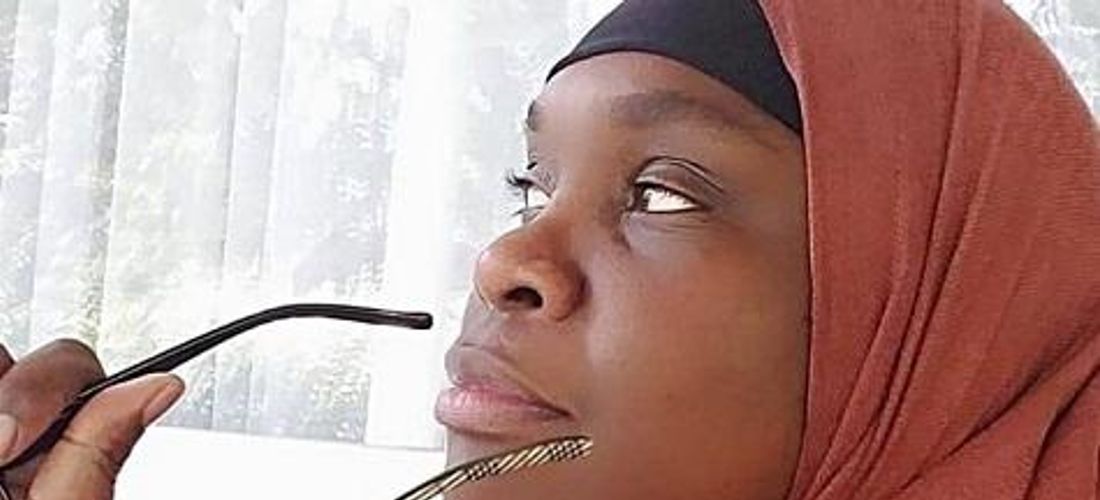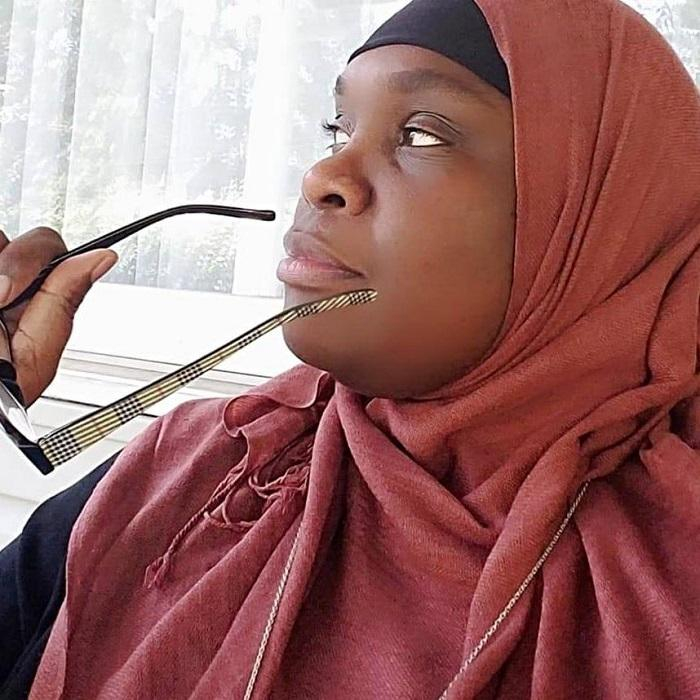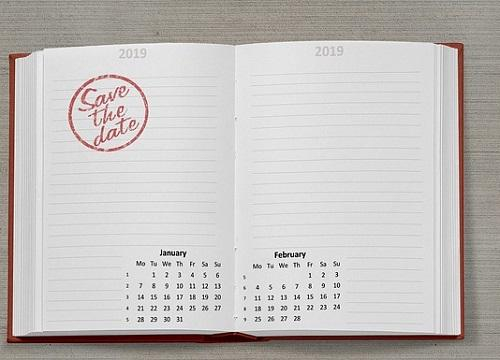Black Muslims and Black History Month - Featuring Our Experiences Beyond 28 Days
Lifestyle
|
Feb 4, 2019
|
3 MIN READ

It’s an annual conundrum for me as a Black Muslim writer. Each year during Black History Month (BHM), I’m approached by different Muslim-centered media platforms to highlight Black Muslims’ heritages, experiences and accomplishments.

Despite the honor I feel when people express an appreciation for my writing voice, I usually turn down the majority of requests. While I seek to amplify the voices of Black Muslims, specifically African American Muslims who have deep roots in the American experience, I’ve noticed a disturbing trend in Muslim media: Outside of those committed to centering Black Muslims, many blogs, magazines and news outlets pull out the megaphone about Black Muslims during Black History Month only to then become mute to their experiences and issues affecting them after February 28th.
In the U.S., the month-long celebration of Black people should ideally be a means for empowerment and upliftment for members of a social group with an extensive history of subjection through systemic racism and oppression as well as consistent stereotypes created and fostered to dehumanize and degrade them. Learning about one of the country’s most extensive heritages provides opportunities to appreciate Black culture and the people who continue to make it dynamic.
However, relegating stories about Black Muslims in Muslim media to mainly BHM conveys a lack of true value for members of one of the country’s largest racial/ethnic subcultures beyond exploiting African American Muslims’ ownership in the American heritage to resist the standard conflation of Muslimness and foreignness fostered in the society. I am not down with using the Black Muslim tradition as a “look, Muslims have always been here” for non-Black Muslims to embrace illusions of Americanness through people they often subject to intracultural racism in Muslim culture.
I also refuse to be complicit in the common exercise of appealing to bigots while ignoring the immediate struggles and triumphs of Black Muslims. Therefore, I politely turn down offers to shed a temporary spotlight that will fade and leave us in the dark to continue with our struggles.

I also advise Black Muslim writers to strongly-consider for whom they expend their limited energy to write. The demand for Black faces (pun intended) connected to bylines surges the middle of January and wanes around March 1st. Try to determine if email requests are from platforms with histories of including substantive posts about Black Muslims or ones looking to fill a BMH quota.
No representation is better than trite attempts to use our culture to appear “woke” and foster delusions of recognizing who we are, what we do and our importance to the Ummah.
As Black History Month commences, I encourage Muslim media run by majority non-Black Muslims to go survey the importance of the Black Muslim experience beyond these four weeks, ensuring consistent placement in content calendars throughout the year. This is where effective change can happen, and all of us as content consumers will benefit from this.
Highlight people and issues beyond the surface-level hackneyed features Bilal ibn Rabah (Yeah, he wasn’t the only Black Muslim around at that time), Malcolm X, Muhammad Ali or the handful of Black Muslims whose name you heard recently. Expand media attention to Muslim women like:
Halimah DeOliveira, author, life coach and founder of CEO of Be You In HD, who works to empower young hijabi women through her writing, coaching and theatrical productions; Angelica Lindsey-Ali (aka The Village Auntie), sexual health expert for the Muslim Wellness Foundation, working within East and West African traditions to raise awareness about and promote positive sexuality and feminine gender identities; or Shariea Shoatz, author, co-host on the Islam Today Radio Show and founder of Buddy Speaks—an organization that provides preventative education to help prevent, and end childhood sexual abuse.
There are millions of us doing fantastic things every day. Don’t be limited by dates on a calendar.
Black Muslims are not your bridge to pass over into Black popular culture. Let’s use this Black History Month as an opportunity to shift how these stories are consumed in Muslim culture and keep things poppin’!
Layla Abdullah-Poulos is a history adjunct, award-winning writer and managing editor for NbA Muslims. She has published several short stories in collections and a romance novel.
Subscribe to be the first to know about new product releases, styling ideas and more.
What products are you interested in?

